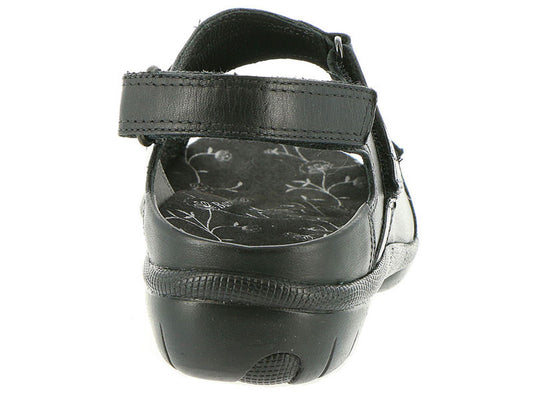-
Cloud Nine Sheepskin - Men's Pacific Slide
Regular price $89.95Unit price perSale price Sale $89.95 Regular price$99.95Sale -
Propet Tour Knit - Women's Athletic Shoe
Regular price $99.95Unit price perSale price Sale $99.95 Regular price$119.95Sale -
SAS Time Out - Men's Casual Shoe
Regular price $219.95Unit price perSale price Sale $219.95 Regular price$269.95Sale -
Softwalk San Marcos II - Womens Mules
Regular price $119.95Unit price perSale price Sale $119.95 Regular price$144.95Sale -
Drew Balance - Women's Athletic Shoe
Regular price $154.95Unit price perSale price Sale $154.95 Regular price$184.95Sale -
Trotters Liz Tumbled - Women's Casual Shoe
Regular price $109.95Unit price perSale price Sale $109.95 Regular price$129.95Sale -
Revere Como - Women's Sandal
Regular price $159.95Unit price perSale price Sale $159.95 Regular price$189.95Sale -
Apis 2603-V - Kid's Orthopedic Shoe
Regular price $99.95Unit price perSale price Sale $99.95 Regular price$119.95Sale -
Cloud Nine Sheepskin Lined Slide - Women's Scuff Slipper
Regular price $74.95Unit price perSale price Sale $74.95 Regular price$84.95Sale -
Drew Big Easy - Men's Boot
Regular price $244.95Unit price perSale price Sale $244.95 Regular price$289.95Sale -
Drew Sawyer - Women's Sandal
Regular price $149.95Unit price perSale price Sale $149.95 Regular price$179.95Sale -
Orthofeet Tacoma - Men's Stretchable Shoe
Regular price $159.95Unit price perSale price Sale $159.95 Regular price$184.95Sale -
Apex LT410M - Men's Chukka Boot
Regular price $196.95Unit price perSale price Sale $196.95 Regular price$234.95Sale -
Drew Lagoon - Women's Sandal
Regular price $184.95Unit price perSale price Sale $184.95 Regular price$219.95Sale -
Propet Onalee - Women's Mary Jane
Regular price $84.95Unit price perSale price Sale $84.95 Regular price$99.95Sale -
Drew Player - Men's Athletic Shoe
Regular price $154.95Unit price perSale price Sale $154.95 Regular price$184.95Sale































